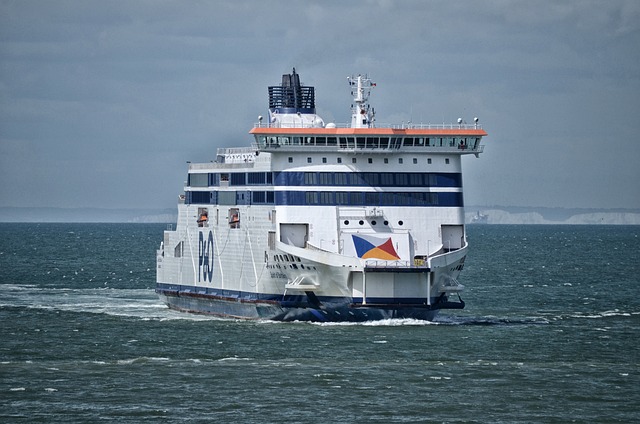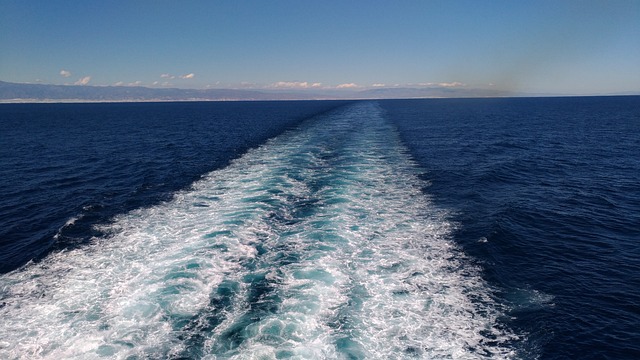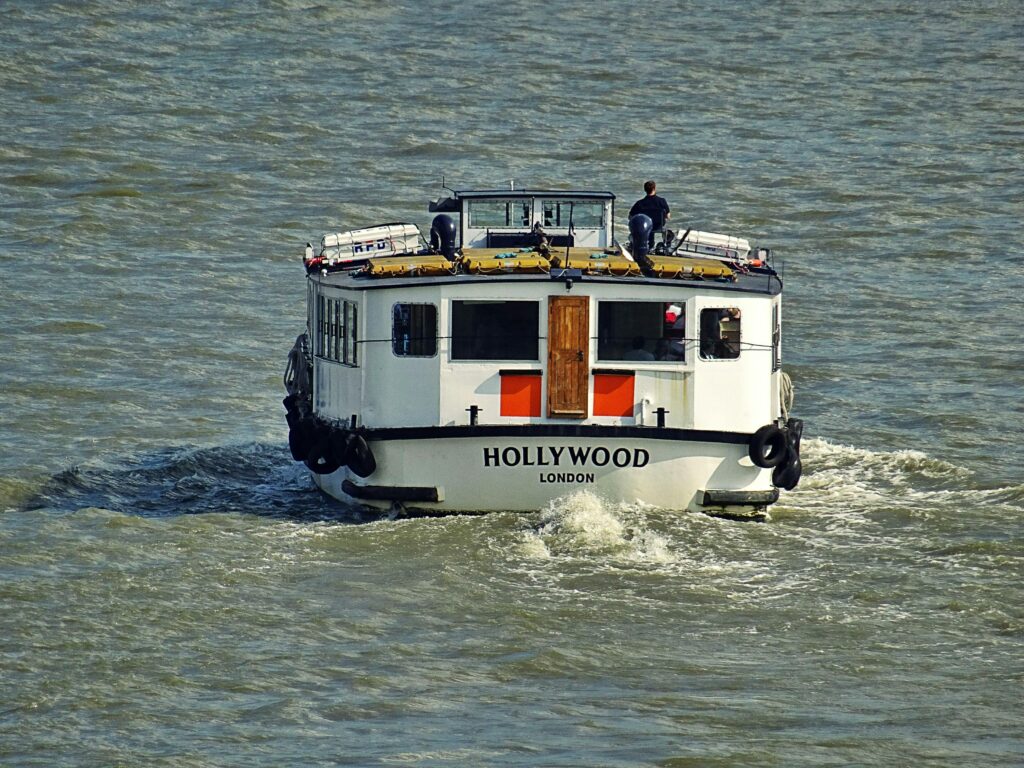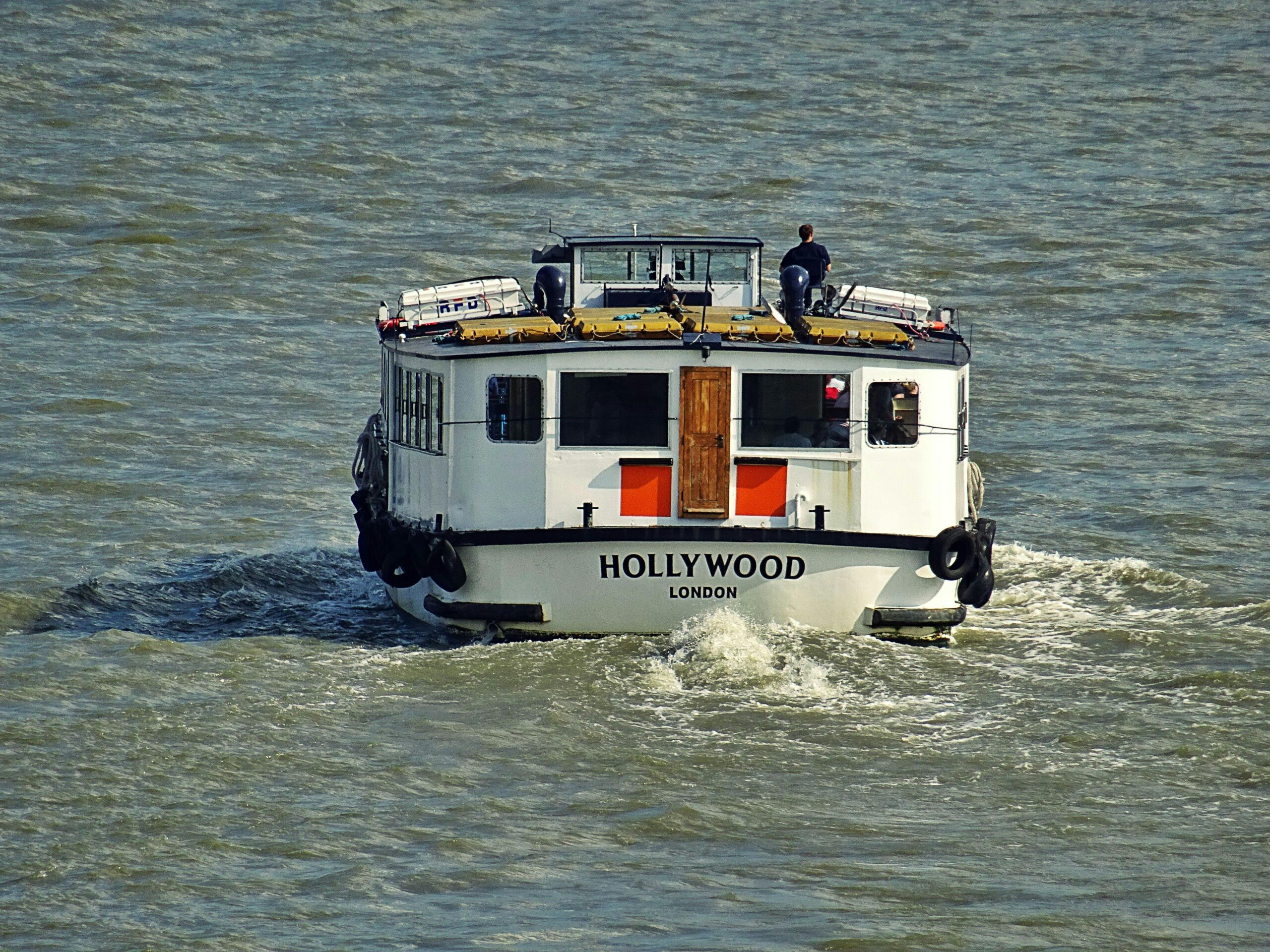Exploring the British Isles by Ferry
Ferry travel in the United Kingdom (UK) is a unique and often scenic way to explore the country’s many islands, coastal cities, and neighboring countries. With its rich maritime history, the UK offers a variety of ferry services that cater to both domestic travelers and international visitors. From short, efficient crossings to longer, more leisurely voyages, ferry travel can be an excellent alternative to air or road travel.
I love ferry travel in the UK, and I have travelled by ferry many times. Ferry trips in the UK I’ve taken range from island hopping in the Orkneys north of Scotland, to shorter day trips, e.g., between Falmouth and St Mawes (Cornwall).
You can book ferries, and other forms of transport, on Omio.com.
- Disclosure: this article may include affiliate links, through which, if a purchase is made, the writer may receive a commission)

The Appeal of Ferry Travel in the UK
Ferry travel in the UK is an attractive option for several reasons:
- Scenic Routes: One of the most appealing aspects of ferry travel is the view of the stunning coastline of the British Isles. Whether you’re cruising through the rugged Scottish Highlands or crossing the English Channel, ferry trips often provide breathtaking landscapes that are inaccessible by other modes of transport.
- Flexibility: Ferries allow passengers to bring their own vehicles, which is great if you’re planning a road trip. By being able to take your car, you’re not limited to what you can carry, and car rentals might not be practical in remote areas.
- Relaxation: Ferry journeys, especially the longer ones, offer passengers a chance to unwind. Onboard facilities such as restaurants, cafes, lounges, and even cabins for overnight trips create a more relaxed and enjoyable travel experience compared to the stress of flying or driving long distances.
- Environmental Impact: In recent years, ferry companies have made strides in reducing their environmental footprint. Some have introduced hybrid or electric ferries, which are more eco-friendly compared to the carbon emissions from planes or cars.
Popular Ferry Routes
The UK offers a wide variety of ferry routes, connecting its mainland to its many islands and neighboring countries. Here are some of the most popular ones:
- Dover to Calais: This is one of the busiest ferry routes in Europe, linking England with France. The crossing takes around 90 minutes, making it a quick and convenient option for travelers heading to continental Europe.
- Liverpool to the Isle of Man: The Isle of Man is a popular destination for those interested in history, motor sports, and beautiful landscapes. The ferry from Liverpool takes about 2.5 hours and provides a scenic journey across the Irish Sea.
- Portsmouth to the Isle of Wight: Just off the southern coast of England, the Isle of Wight is a popular weekend getaway for tourists and locals alike. The ferry crossing from Portsmouth takes around 45 minutes and offers stunning views of the Solent.
- Oban to the Hebrides: Scotland’s west coast features some of the most remote and beautiful islands in the UK. The ferry from Oban connects to the Hebridean Islands, offering travelers a chance to experience the natural beauty of the Highlands and beyond.
- Belfast to Cairnryan: This ferry route connects Northern Ireland to Scotland, with a crossing time of just over two hours. It’s a vital link for trade and tourism between these regions.
- Short Day Trips: You can often find short trips on small ferries between small towns on the coast. One of the most enjoyable I’ve done is between Falmouth and St Mawes on the south coast of Cornwall. The smaller the ferry, the more chance of cancellation, so winter crossings can sometimes be difficult.

Types of Ferries
Ferry services in the UK range from small vessels that make short crossings to large, multi-deck ships equipped for long journeys. Here are the main types of ferries:
- Ro-Ro (Roll-on, Roll-off) Ferries: These are designed to carry vehicles such as cars, buses, and trucks. Passengers can drive their vehicles onto the ferry at one port and drive off at the destination, making them ideal for road travelers.
- Passenger Ferries: These are smaller ferries that transport passengers without vehicles. They often serve short routes, such as crossing rivers or small channels.
- High-Speed Ferries: Designed for quick crossings and are used on popular routes, such as Dover to Calais. They are an excellent choice for passengers who prioritize speed.
- Luxury Ferries: Some ferry companies offer luxury services, with spacious cabins, fine dining, and premium lounges. These ferries often serve longer routes and aim to provide a cruise-like experience.

Planning Your Ferry Travel in the UK
To ensure a smooth ferry trip, it’s important to plan ahead. You can book a ferry through Omio.com. Here are some tips to help you make the most of your ferry travel experience:
- Book in Advance: Ferry tickets can sell out quickly, especially during peak travel seasons such as summer and holidays. It’s advisable to book your tickets in advance to secure your preferred date and time.
- Check the Weather: Weather conditions can affect ferry schedules. Strong winds or rough seas may cause cancellations or delays, so it’s a good idea to keep an eye on the weather forecast before your trip.
- Arrive Early: Most ferry operators recommend passengers arrive at least 30 to 60 minutes before departure, especially if you’re bringing a vehicle. This allows plenty of time for boarding and security checks.
- Pack Accordingly: While most ferries have onboard amenities, it’s wise to bring essentials like snacks, water, and entertainment for the journey, if it’s a long trip. Some ferries, especially between island groups like the Orkneys, won’t provide food or drinks, and are a much less comfortable experience.
- Consider Motion Sickness: If you’re prone to seasickness, consider taking motion sickness tablets or other remedies. Some ferries offer smoother rides, but rough seas can still cause discomfort. All ferries can make you feel if your legs have turned to jelly, even the large ones.
Ferry travel is an a necessity for many island-dwellers of the UK, but for a visitor it can be an exciting adventure, which I love and I thoroughly recommend! Book you ferry here!


